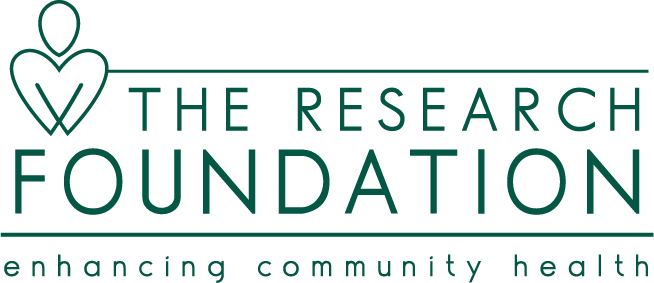It can happen to you, too: A fresh perspective for injury prevention
Tonya Arndt was excited for the milestones that accompany your senior year in high school. She was a responsible student, known for making good decisions. Her senior year was going to be one for the books.
“I am often described as responsible. There is no doubt that I was, and still am, the mother hen of my friends. I didn't speed when I had other people in my car, I always made everyone wear their seat belt and enjoyed being the designated driver. I knew that behaviors like speeding, not wearing your seat belt or drinking and driving were irresponsible choices.”
Unfortunately, an evening of carelessness changed her life. One night in August 2004, Tonya’s friends made the decision to drink. Tonya didn’t participate because they were all underage. After becoming heavily intoxicated, her group of friends decided to get behind the wheel. Tonya urged them to not drive and insisted that everyone pile into her car so that she could transport them to her father’s house. Once they arrived at her father’s house, the party didn’t end. Tonya was up all night caring for her intoxicated friends. She only got a few hours of sleep.
The next morning, Tonya woke up to drive to work. It was a stretch of road she had driven hundreds of times before. But as she approached a hill, her car crashed into a truck pulling a trailer with large hay bales. She opened her eyes to see hay covering her windshield and blood dripping down her face.
She thought, “My head must be cut. Everything else seems okay.” Her arms felt like Jell-O and she couldn’t move her legs. “I saw images of myself in a body cast with broken arms and legs. That would be bad, but I thought they would heal.”
Tonya suffered from injuries to her cervical vertebrae. She is quadriplegic and is now paralyzed. Her goal is to show students that it only takes one night of poor choices to severely alter your life. At a recent Young Traffic Offenders Program (YTOP), Tonya asked the students what they think contributed to her crash.
“I drove to work with very little sleep. My reflexes were slowed and I thought I could handle a road I had driven so many times before. But I just added to the statistic of getting into a car crash just a few miles from my house.”
Today, she works full time and raised funds to purchase a van for travel. Her sense of responsibility hasn’t left, but her ability to achieve goals has faced serious challenges.
“It took me six years to get my bachelor's degree because I had to make sure that I still had time to do physical therapy and not neglect my health. While I still live a life I love, I don't want anyone to have to face the additional challenges and added responsibilities that come with a spinal cord injury.”
Her message is a fresh perspective for ThinkFirst students and YTOP attendees. Responsible decision making doesn’t make you exempt.
“I don’t call it a car accident. It wasn’t an accident. It could have been prevented.”
